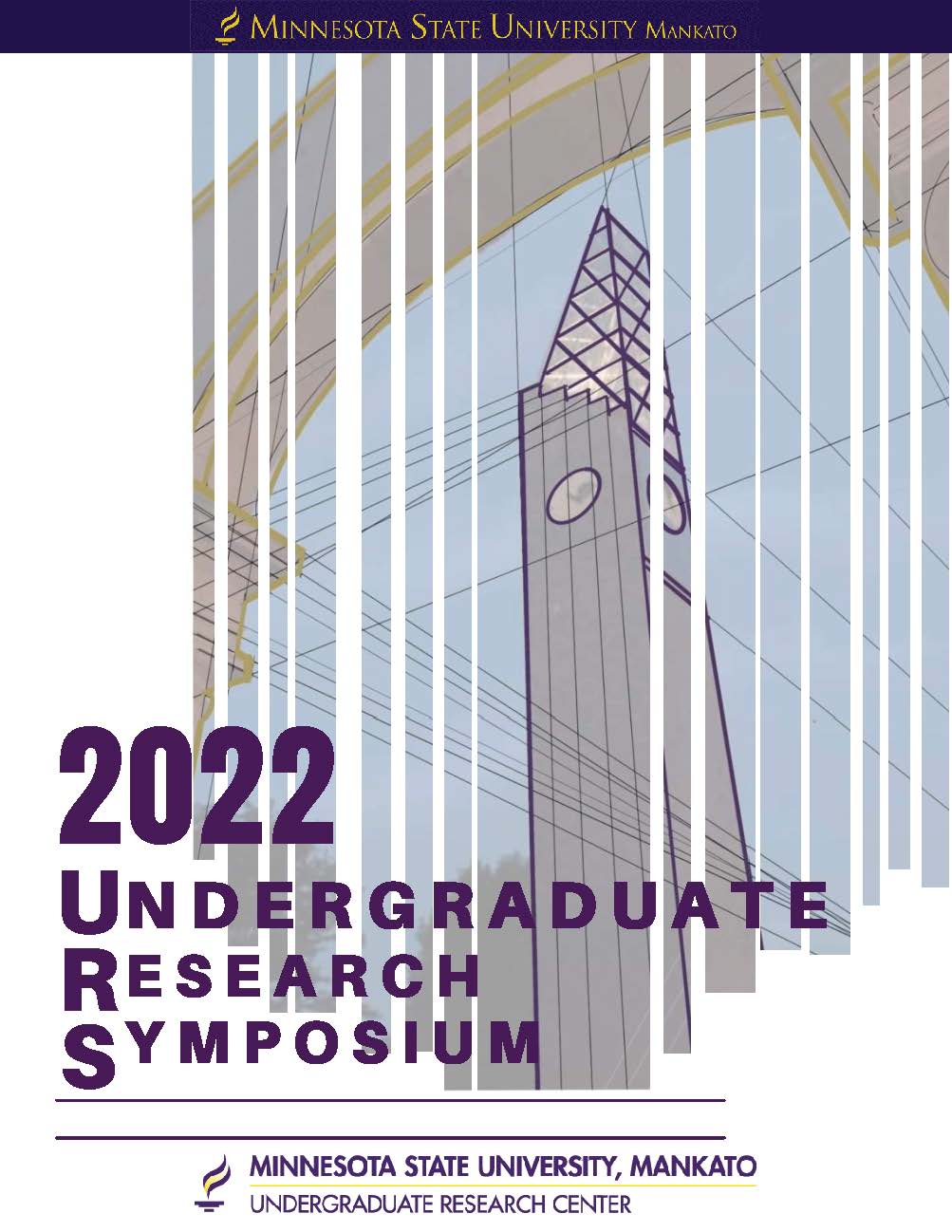A Brief Zoom-Facilitated Mindful and Intuitive Eating Intervention to Decrease Disordered Eating
Location
CSU Ballroom
Start Date
12-4-2022 10:00 AM
End Date
12-4-2022 11:30 AM
Student's Major
Psychology
Student's College
Social and Behavioral Sciences
Mentor's Name
Angelica Aguirre
Mentor's Department
Psychology
Mentor's College
Social and Behavioral Sciences
Description
Clinical eating disorders are psychological disorders that impact a small percentage of the population. Subclinical disordered eating is a broader term for eating patterns and behaviors that do not meet clinical threshold, but that still may be life impairing (Burnette & Mazzeo, 2020). Subclinical disordered eating impacts many more individuals than clinical eating disorders do and is often present without the direct awareness of the people affected by it. Mindful and intuitive eating approaches have recently begun to emerge as combined and stand-alone treatments for disordered eating and eating disorders. Many of these studies have only evaluated each of these on their own, rather than in combination. Studies have also been limited in terms of population, with individuals with eating disorders making up the large majority of research subjects. The current study used an online mindful and intuitive eating intervention to bring about awareness of these concepts and combat disordered eating in lay adults through the use of simple workbooks (Albers, 2018; Resch, 2019). The goals were to increase education and decrease overall disordered eating. The authors found that disordered eating did decrease, mindful and intuitive eating increased, and general mindfulness improved across the duration of the study. While the hypotheses were partially supported, only the results for disordered eating and intuitive eating were significant. Despite lack of power due to small sample size and some insignificant results, participants verbally reported approval of the benefits of the intervention.
A Brief Zoom-Facilitated Mindful and Intuitive Eating Intervention to Decrease Disordered Eating
CSU Ballroom
Clinical eating disorders are psychological disorders that impact a small percentage of the population. Subclinical disordered eating is a broader term for eating patterns and behaviors that do not meet clinical threshold, but that still may be life impairing (Burnette & Mazzeo, 2020). Subclinical disordered eating impacts many more individuals than clinical eating disorders do and is often present without the direct awareness of the people affected by it. Mindful and intuitive eating approaches have recently begun to emerge as combined and stand-alone treatments for disordered eating and eating disorders. Many of these studies have only evaluated each of these on their own, rather than in combination. Studies have also been limited in terms of population, with individuals with eating disorders making up the large majority of research subjects. The current study used an online mindful and intuitive eating intervention to bring about awareness of these concepts and combat disordered eating in lay adults through the use of simple workbooks (Albers, 2018; Resch, 2019). The goals were to increase education and decrease overall disordered eating. The authors found that disordered eating did decrease, mindful and intuitive eating increased, and general mindfulness improved across the duration of the study. While the hypotheses were partially supported, only the results for disordered eating and intuitive eating were significant. Despite lack of power due to small sample size and some insignificant results, participants verbally reported approval of the benefits of the intervention.
Recommended Citation
Gray, McKay; Seth Nelson; and Eungyeong Lee. "A Brief Zoom-Facilitated Mindful and Intuitive Eating Intervention to Decrease Disordered Eating." Undergraduate Research Symposium, Mankato, MN, April 12, 2022.
https://cornerstone.lib.mnsu.edu/urs/2022/poster-session-01/11




